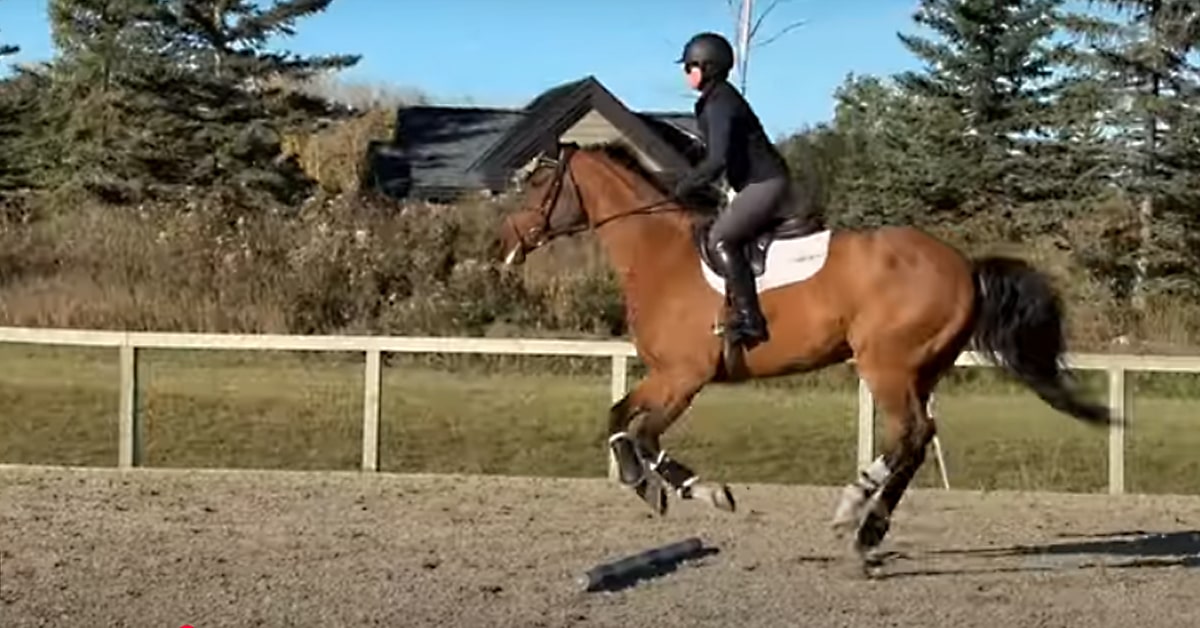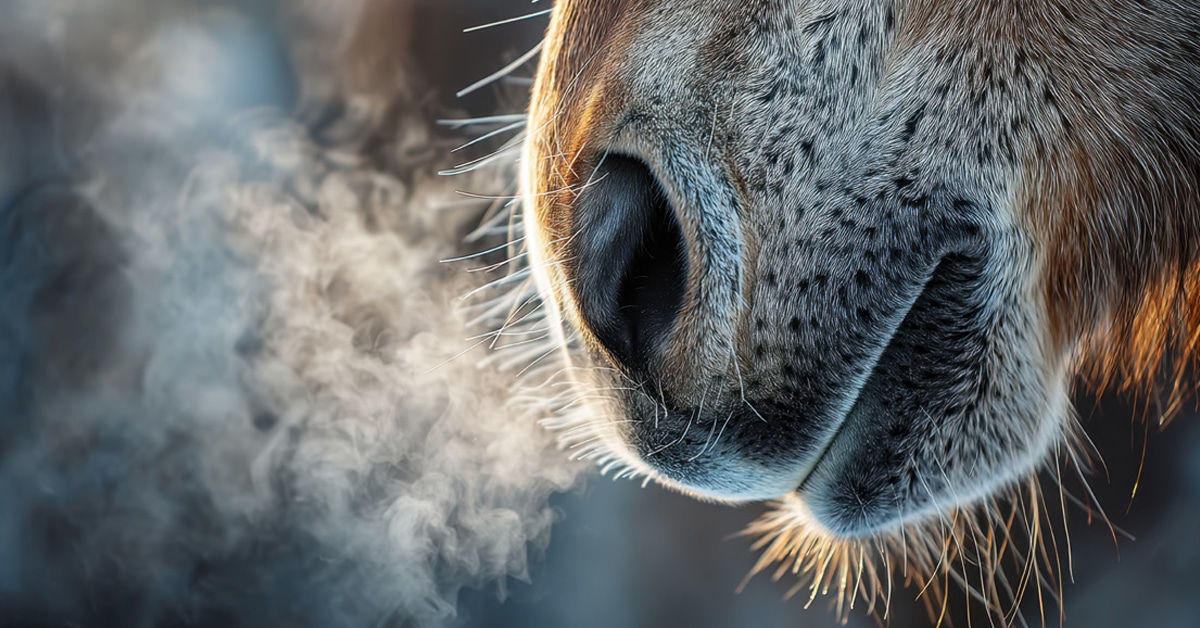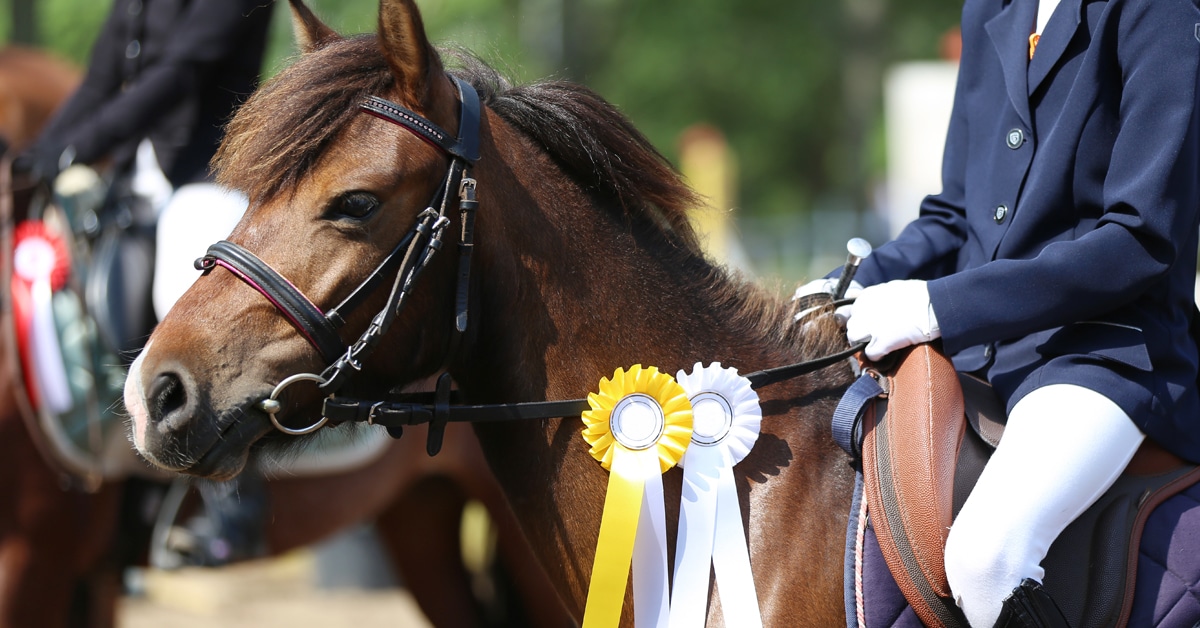Labelling yourself a perfectionist is not uncommon in equestrian sport. Some are very proud of it and love to make it known: “I am a perfectionist! I will only accept the best!”
Then there are others who are shamefully perfectionistic. “My coach says I am a perfectionist and holding myself back, but I can’t seem to change.”
How can this be? Are perfectionists hard-working, go-getting, winning personalities – or critical self-loathers?
Perfectionism, or striving to be flawless, is generally thought to have a negative impact on mental health and sport performance. Some regard it as an enduring personality trait, while others refer to it as a characteristic or approach. In the world of sport there are researchers accumulating evidence that perfectionism is actually a dual-natured construct, with positive and negative aspects.
The results of a 2019 study by B. Træen, Katrine Sørgjerd Finstad, E. Røysamb entitled Personality, Perfectionism, and Mental Health in Norwegian Competitive Riders suggested there is a particular type of perfectionism that may have a positive effect on the mental health of riders. Termed “self-oriented perfectionism”, this type involves striving for accomplishments for your own sake, rather than others’. It has been associated with being well-organized, accurate and targeted.
This is contrasted with “socially-oriented perfectionism” in which your desire to be perfect is more externally motivated (you want to be perfect for others). Socially-oriented perfectionism has been associated with neuroticism and poorer mental health outcomes. These authors posit that there exists healthy and unhealthy forms of perfectionism in sport.
They are not alone. Other researchers, including Stoeber (2011), suggest there are two different dimensions of perfectionism: perfectionistic concerns and perfectionistic strivings.
Perfectionistic concerns capture aspects like a fear of mistakes and fear of negative evaluations by others, whereas the striving dimension captures a self-oriented striving for perfection and high personal standards of performance. In research, a well-replicated finding is that perfectionistic concerns are associated with negative emotions and perfectionistic striving with positive emotions. Even more interesting, those with perfectionistic strivings tend to have lesser degrees of performance anxiety and higher degrees of confidence.
So, what does this all mean to you? In practice the challenge is that although research does suggest there are positive and negative types of perfectionism ‒ very often we have both. So you may be striving for perfection (perfectionistic striving) and this keeps your motivation high, but that kind of gets cancelled out at times by your overwhelming fear of making mistakes (perfectionistic concerns).
Having high standards for yourself in training and competition can generate drive and motivation to excel. However, if you fail to meet these standards consistently, your confidence will suffer. Ask yourself, “How often do I feel satisfied with my training rides?” If the answer is rarely, your high standards may be unreachable and/or your desire for flawlessness not allowing for the necessary errors required for learning.
Often perfectionists end up applying their very high standards to others, and this includes their horses.
The bottom line is if you or someone else has labeled you a perfectionist, you need to evaluate your personal circumstances. Take a closer look to see how it impacts your behaviour, and whether the end result is helping or harming.
If you find your quest for perfection is resulting in heightened anxiety and self-criticism, there is a good chance your perfectionism has resulted in a negatively-oriented mindset. Learning to tolerate imperfection and building resiliency skills can help generate a more effective problem-solving mindset.
And then there is also another consideration, one not yet well researched, but certainly observed.
Your equine team-mate is also impacted by your perfectionist approach, for better or worse. Often perfectionists end up applying their very high standards to others, and this includes their horses. It can result in becoming too impatient and rigid in your training methods. It can also result in “over functioning” or trying to control too many elements of your ride. Besides being exhausting for you, depending on horse temperament this can mean causing emotional distress in certain horses that impedes learning, or creating a horse who is dependent on your direction and cannot “fill in” for you when you need them to.
So do take a long, hard look at your own expression of “perfectionism”; chances are you have a mixture of positives and negatives, just as the research suggests. The trick is to keep the good stuff about being a driven kind of rider and temper the qualities that can lead to dead ends.
The Latest









